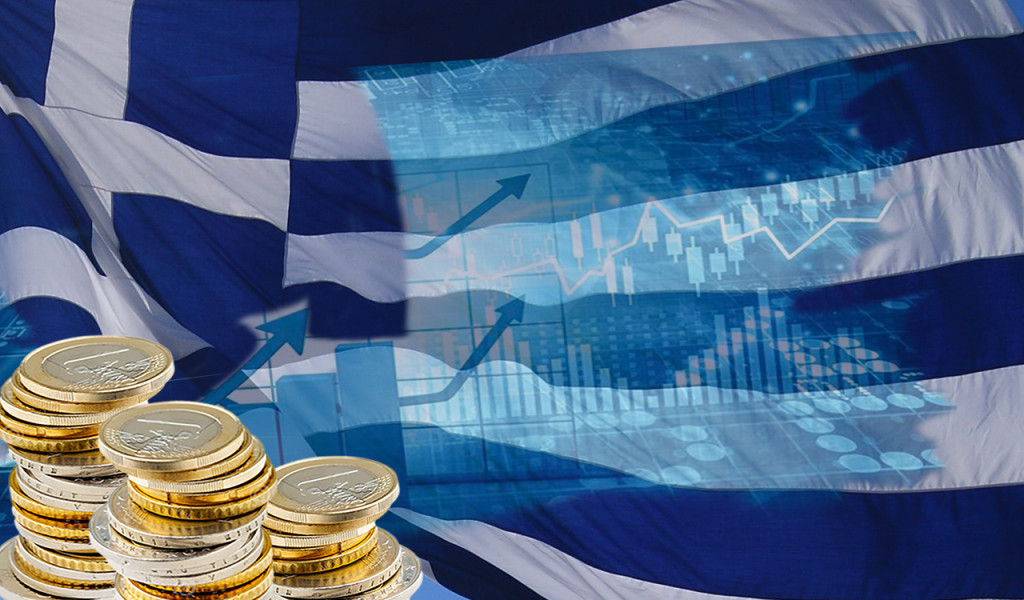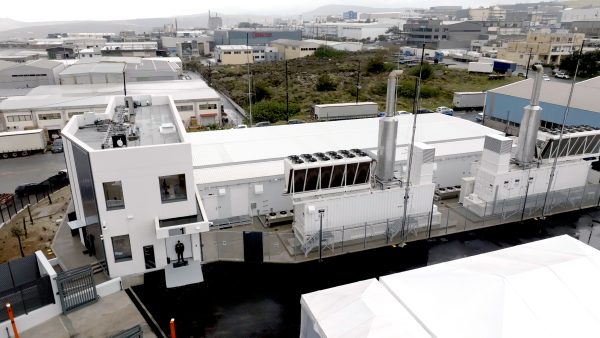
The Greek economy will face consecutive “stress tests” over the first half of 2023 by international credit rating firms, as the previously crisis-battered country strives for a coveted investment grade rating.
The period, of course, will coincide with a campaign season in the country, as a general election will take place. Although the Mitsotakis government would relish an investment grade rating before the election, most analysts believe an upgrade will come – if it comes – in the summer, after any election. One reason is that two separate trips to the ballot box are possible, given that the current electoral system leans heavily towards the simple representational, making the prospect of electing a majority government more difficult. Any repeat election – within weeks – will be conducted with a system that favors the first-past-the-poll party.
The first test comes on Jan. 27, when Fitch will issue its latest credit rating for the country. S&P will follow on April 21.
Greek debt is two notches down from investment grade on Fitch’s ratings scoreboard, and one down on S&P’s and DBRS’s; three notches from the coveted rating on Moody’s scale.
Two of the ratings agencies recognized by the ECB are S&P, which raised Greece to BB+ last April, and Canada-based DBRS, which raised Greece to ΒΒ (high) in September.
The situation, nevertheless, is dramatically different when compared to the advent of the crisis in 2009, when ratings agencies downgraded Greek titles into the funk category, essentially precluding the country from sovereign borrowing.
Despite an exit from the memorandum years, Greek titles have still not return to the high marks of pre-2009. The pandemic also delayed the attainment of an investment grade ratings, although since 2019 Greece has been upgraded 11 times.
Latest News

Greek €200M 10Y Bond to be Issued on April 16
The 3.875% fixed-interest-rate bond matures on March 12, 2029, and will be issued in dematerialized form. According to PDMA, the goal of the re-issuance is to meet investor demand and to enhance liquidity in the secondary bond market.

German Ambassador to Greece Talks Ukraine, Rise of Far Right & Tariffs at Delphi Economic Forum X
Commenting on the political developments in his country, the German Ambassador stressed that it was clear the rapid formation of a new government was imperative, as the expectations across Europe showed.

Athens to Return Confiscated License Plates Ahead of Easter Holiday
Cases involving court orders will also be excluded from this measure.

Servicers: How More Properties Could Enter the Greek Market
Buying or renting a home is out of reach for many in Greece. Servicers propose faster processes and incentives to boost property supply and ease the housing crisis.

Greek Easter 2025: Price Hikes on Lamb, Eggs & Sweets
According to the Greek Consumers’ Institute, hosting an Easter dinner for eight now costs approximately €361.95 — an increase of €11 compared to 2024.

FM Gerapetritis Calls for Unified EU Response to Global Crises at EU Council
"Europe is navigating through unprecedented crises — wars, humanitarian disasters, climate emergencies," he stated.

Holy Week Store Hours in Greece
Retail stores across Greece are now operating on extended holiday hours for Holy Week, following their Sunday opening on April 13. The move aims to accommodate consumers ahead of Easter, but merchants remain cautious amid sluggish market activity.

Green Getaway Ideas for Easter 2025 in Greece
Celebrate Easter 2025 in Greece the sustainable way with eco-farms, car-free islands, and family-friendly getaways rooted in nature and tradition.

Civil Protection Minister Details Summer Firefighting Plans at Delphi Forum
At the 10th Delphi Economic Forum, Minister of Climate Crisis and Civil Protection Yiannis Kefalogiannis discussed Greece's plans for the upcoming fire season.

How Shops and Markets Will Operate During Easter Holy Week
The Easter holiday schedule has been in effect since April 10, with retail stores open Palm Sunday, and most supermarkets also operating to meet consumer demand for Easter shopping








































 Αριθμός Πιστοποίησης
Αριθμός Πιστοποίησης